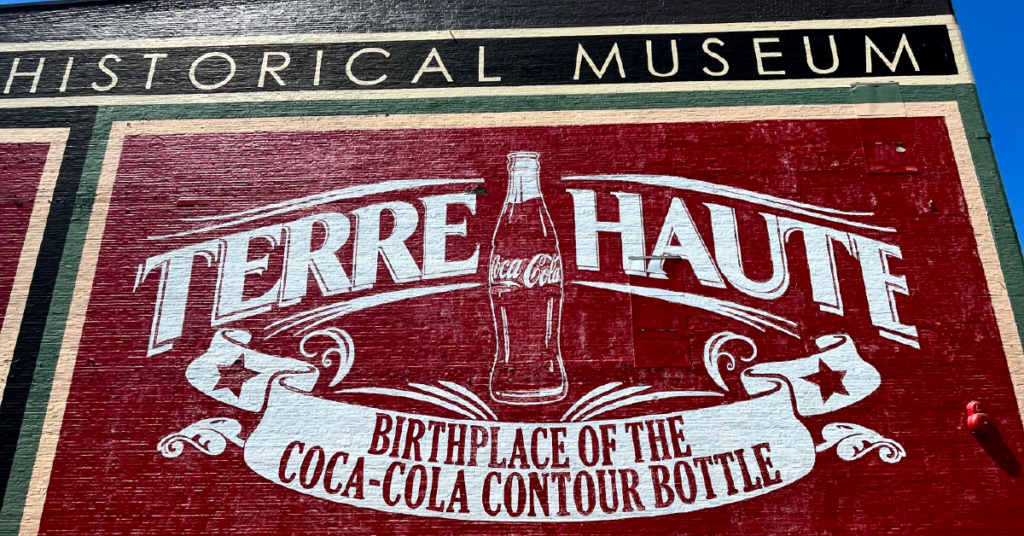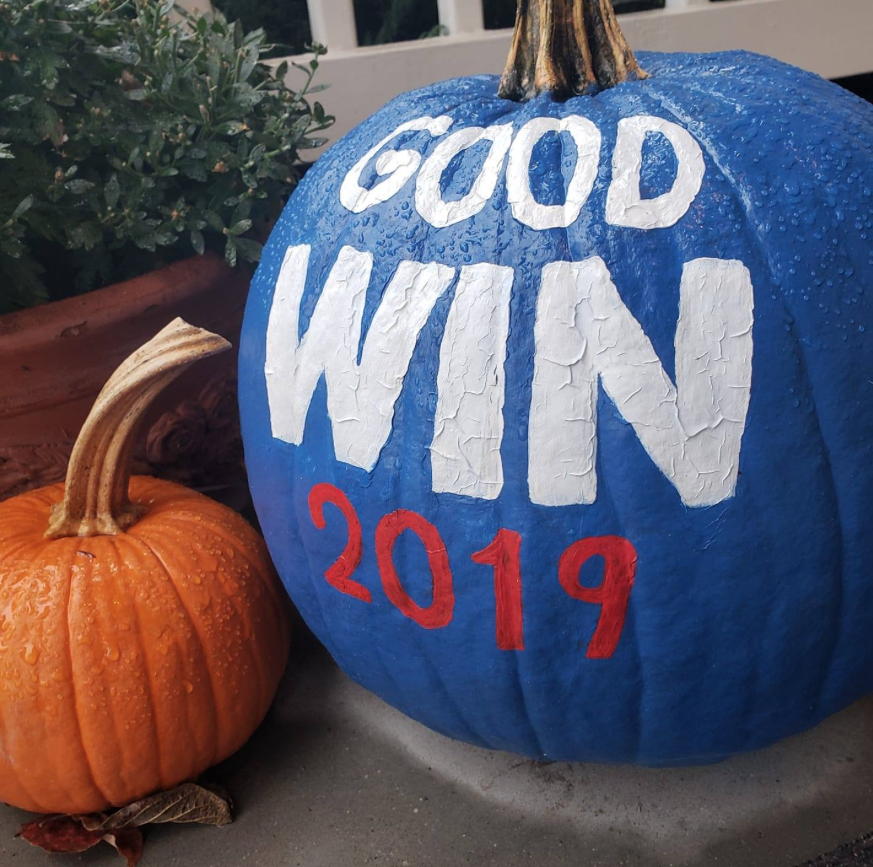
211 Votes: Thoughts on Hometown Elections and the Power of a Single Choice
By Devon Langley
211.
Years later, I still hear that number echoing in my mind when I think of my hometown.
I’ve always been the kind of person who thrives when I’m part of a team or community. I have so much pride in any group I’ve been involved with. I still wear t-shirts from my high school robotics team and feel the warmth spread through my chest when I think of the amazing things we did together. When I’m not in Evansville and see a t-shirt, sticker, or license plate frame that references my university, I feel that same joy and find peace in that connection.
I’ve always wanted to feel that way about my hometown. Being one of those girls who pines for her hometown and finds bliss in going home and walking those familiar streets seems like it should be in my DNA.
But Terre Haute isn’t built for me.
It’s not structured to engage young adults. Small businesses struggle, and infrastructure isn’t updated to take advantage of valuable resources that could make the town grow. It drives people away who want an exciting day-to-day life because it is stuck in a pattern that won’t be broken. There is endless possibility if the city cleaned its streets and developed, cleaned, and created a lively riverfront. But young adults don’t want to stay in Terre Haute and one day send their children to the underfunded, moldy, and cockroach-infested schools they grew up in.

Many of these opportunities could be catapulted forward by decisions made by the local government. But my hometown has had the same mayor since 2008, which does not leave room for new ideas and innovation.
I was sixteen when I got involved with my first campaign. It was for the 2019 mayoral election that was to happen the following year. I remember the heartbreak I felt when I realized my eighteenth birthday would occur just two weeks after election day, but that didn’t stop me from showing up to parades, campaign events, and more.
On election day in 2019, I went with the candidate’s daughter to stand a legal distance down the street from the polls, waving signs and cheering for cars who pulled into the parking lot at the polls. We even made up a dance, holding our signs proudly. We were bundled up head to toe, with oversized campaign shirts layered over our coats.
I remember the excitement like it was yesterday. The Terre Haute that this candidate spoke about was the one I was longing for year after year as I grew up. It was a place where small businesses had the resources they needed, litter wouldn’t cover the city like snow, and opportunities for young adults to build a life for themselves would finally exist.
He lost by 211 votes.
Regardless of your political affiliation, beliefs, or values, voting matters. If 211 more people out of the almost 60 thousand individuals who live in Terre Haute had shown up to the polls that day, we may have had a very different turnout. Votes always matter, and close elections such as this serve as an illustration.
Another reason this election was so unique is that the candidate I was campaigning for was running as an independent. In our two-party system, it is so unbelievably rare for an independent candidate to do so well and to have such a strong following. Because of this unique three-way race between the republican incumbent, independent candidate, and democrat candidate, a unique discussion about political literacy can be illustrated.
This was a very fierce election. The republican incumbent had rarely faced such a strong opposing candidate as he did with the Independent, and many Republicans in the community had taken to slandering the Independent as a result. The Democratic candidate did not poll well from the beginning. He had few plans, wasn’t charismatic, and wasn’t well-known within the community.
The Republican party viewed the independent candidate—not the Democrat– as a threat, and so all their efforts went into fighting the Independent. This is important to note as a voting citizen because it gives you a clue as to who the front runners in an election are.
Many of the individuals who voted for the Democrat were doing so because they wanted the Republican incumbent out of office. However, some general research into the dynamic of this race would have shown these individuals that in order to vote out the incumbent, they should have voted for the Independent.
This is made even more clear when you compare the policies of the Independent and the Democrat. The two had very similar goals and platforms; the difference was the development of the plans. This goes to show that it is important to research all candidates involved in a race at some level as opposed to voting Democrat or Republican down the whole ballot. Perhaps you will find somebody you agree with more.
Regardless of my personal opinions of how this election turned out, the three-way and close-call nature proves the importance of being an educated voter.
Everything is political, from taxes to school systems to the roads we drive on every day. Your vote impacts every aspect of your daily life. Make it reflect the life you want.
